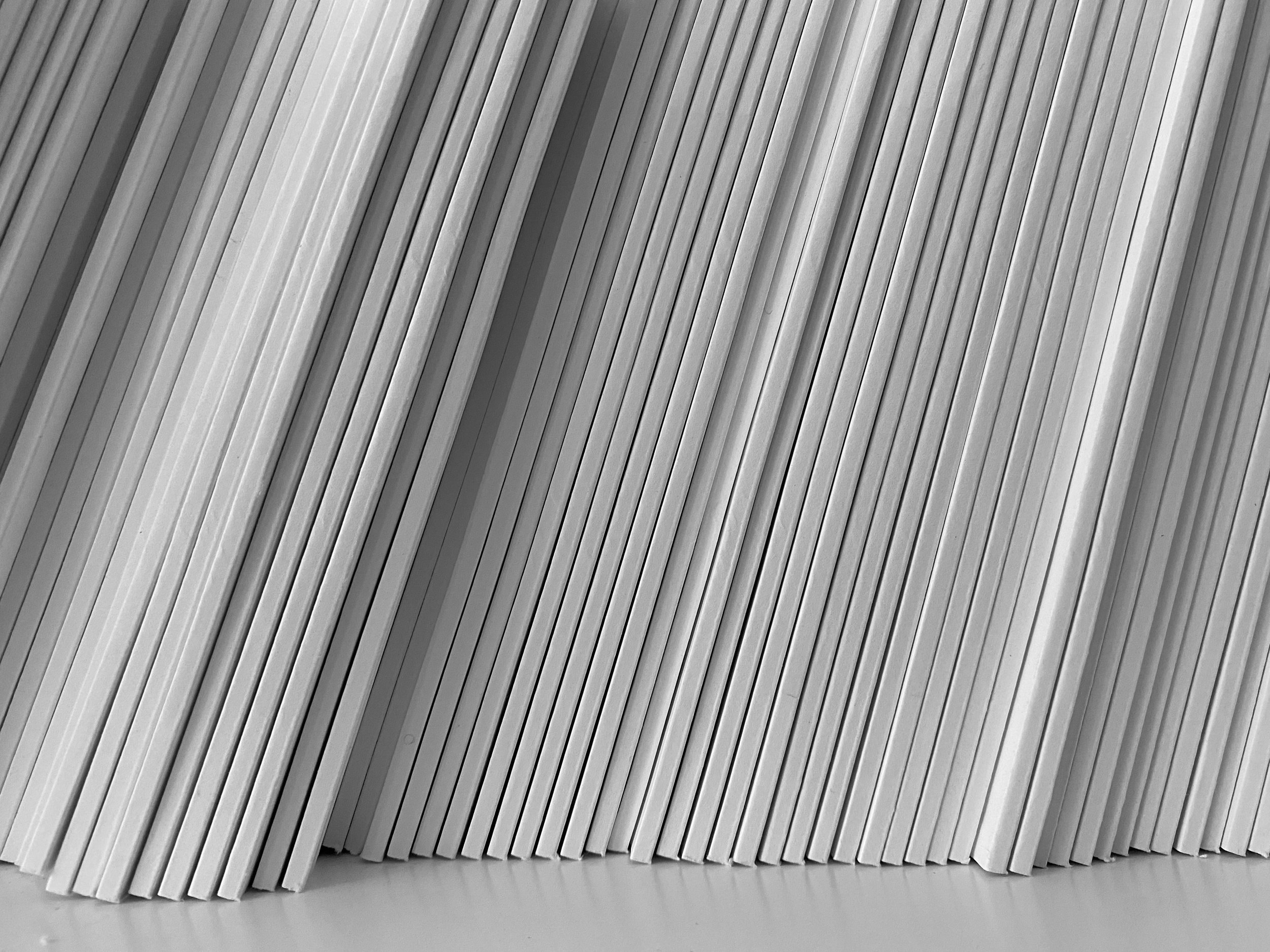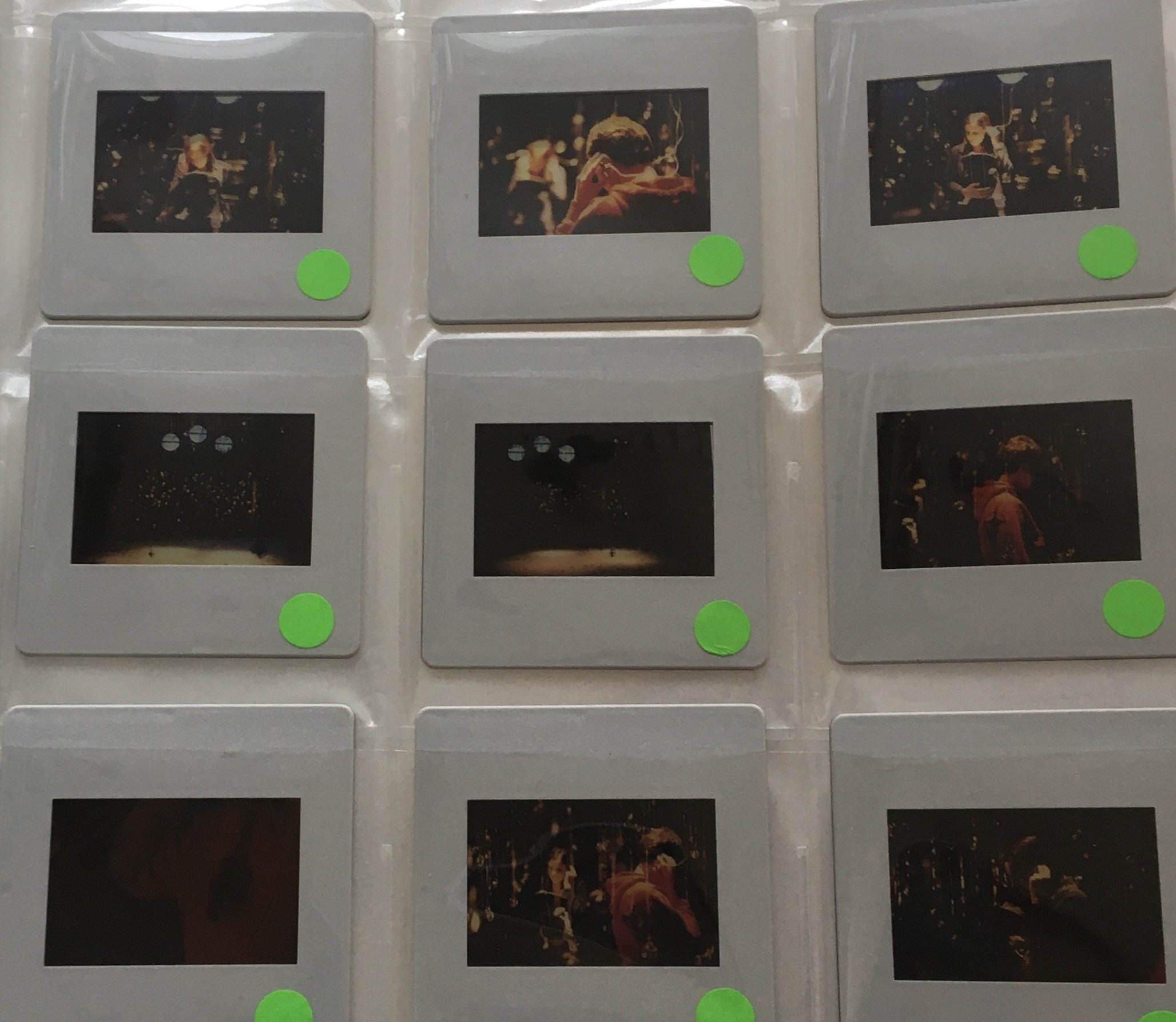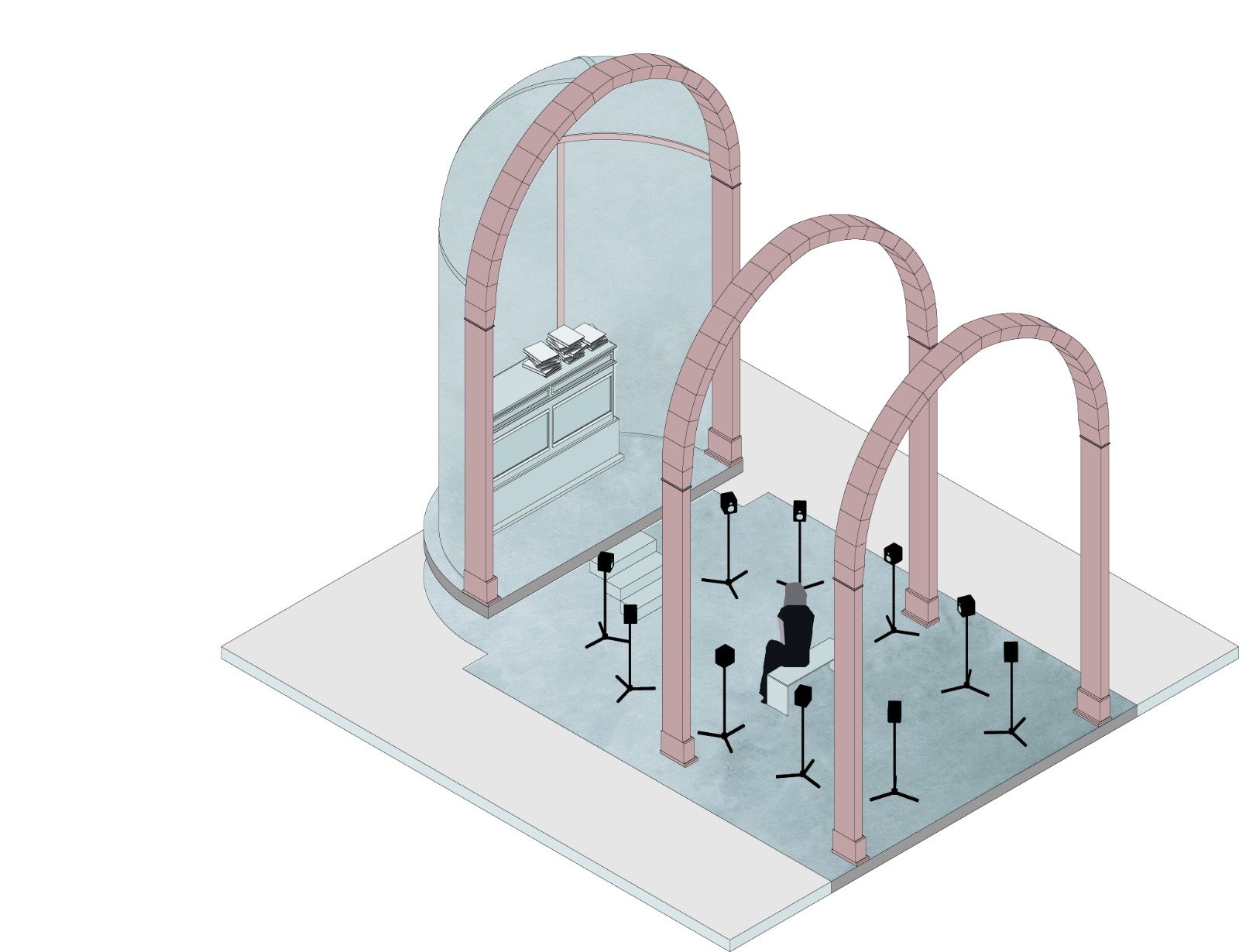An Experiment in Participatory Art on the Human Condition.
In an increasingly disillusioned society saturated with information and imagery, Five Minutes Intermission is a participatory experience inviting everyone to become guardians of our common humanity and form an act of resistance through the creation of a collective voice.
Through the reading of a powerful text expressing the essence of being human, people are empowered to become co-author of an exhibition, including a sound installation made with their recorded voices and their thoughts of this shared experience. This intermission offers a poetic field of expression and a moment of reflection. It is seen here as a respite, an escape from the harshness of life, its realities and its absurdities.
The intermission
It starts with a stillness, a few seconds before the first word is breaking the silence. Few know exactly where to go and how. Most are frozen by the rigidity of the letters. Each and every one is moving at its own pace. There is some heaving breathing hiding a tension caused by the recorder. Some hesitations and small misspellings breaking a curve. And always this climax, this precious little moment where each and every one is expressing its singularity again. The words are becoming their words. The meaning is revealed.

“Once the Author is discovered, the text is explained”
The chosen text comes from The Gulag Archipelago written by Alexander Solzhenitsyn, a Russian novelist and historian. The book, published secretly in 1973 in Paris, is based on his own experiences as a Gulag prisoner and 227 other witnesses. Gulag is an acronym formed from the Soviets Communist forced labor camp system in place from 1918, the time of the Bolshevik Revolution, to 1956. Solzhenitsyn describes his life as a Russian during the revolution years. Instead of the general events of the revolution, he tends to describe the human impacts of it, the physical and psychological horrors inflicted on millions of political prisoners. The passage comes after the author has spent four years fighting on the front lines of WW2. He and his fellow political captives are transferred from one slave labor camp to another, on a regular passenger train. At the train station he is sitting on a bench between his two guards and is listening to the casual conversation of ordinary life going on around him, people complaining about seemingly small insignificant things. With this tirade, Solzhenitsyn offers a condensed assessment of life’s priorities.
Fifty years ago, Solzhenitsyn received the Nobel Prize in Literature "for the ethical force with which he has pursued the indispensable traditions of Russian literature".
Words from the curator.
The text wasn’t consciously chosen. I was intuitively drawn to it each time I entered my mother’s office. The text was typed on the typewriter by my mother. It’s been hanging there in her office for years, surrounded by family pictures. Each time of the many times I sat in this office, I was subconsciously reading the text while talking or listening. I was reading all of those words as a child and and it stayed with me for a long time. I kept thinking about it as a teenager and as an adult, and for some reason I have been thinking about it a lot recently. All this time I was reading this text automatically without consciously thinking about its meaning. But the meaning was imprinted in my memory. I wanted to explore how this meaning would resonate in other people’s lives. I wanted to create a new meaning for these words. I wanted to see if I could connect with other people through this experience of universal identification and see if one for five minutes ignore the futility of life and concentrate on what is essential.
The exhibition.
The planned collective exhibition of anonymous voice recordings and testimonies at London's Fitzrovia Chapel in March 2020 was regrettably canceled due to the pandemic.
The books.
Books are here to embody each of the anonymous co-author. The visitors of the exhibition are invited to write in it to leave a trace of their passage.
Credits
A project by
Anna Beaujolin
Sound editing with
Laurent Vonlanthen from Kitchen Studio
Skill and technical support
Joni Sheleg, Siah L. New., Vincent Sapelkine, Scoot Sayare, Nicolas Lavrov, Paolo Di Gennaro, the Fitzrovia Chapel
Financial support
Amadeus Beaujolin, Charles Innocenti, Joshua Goldberg, Victor Fernandez, Stjin Vissers, Mighela Lorenceau, Nicolas Sczaniescki, Romina Shama, Alexandra Schinasi, Valeria Sassoon
Program support
Anthony Gazagne, Priscilla Pat O’Genick, Mikhael Leopold Metzger, Jessica Ghouzi
A special thanks to my family and friends (you know who you are) who’s support was essential
Anonymous choir voices
Amadeus, Jean-Marc, Margaux, Pierre, Katharina, Mighela, Romain, Supatra, Rodrigo, Sofia, Matthias, Tessa, Romina, Philip, Valeria, Simon, Johannes Baco, Idriss, Julien, Sonia, Marion, Carolina, Fabrice, Marina, Krystel, Aurélie, Nicolas, Dorothe, Madeleine, Clio Jasmina, Nicolas, Sara, Mai, Amélie, Victoria, Valentine, Scintilla, Alexandra, Nicole, Eliane, Laure, Henriette, Amandine, Clare, Alexia, Mikhael, Charlotte, Ivo, Jonathan, Amelia, Robert, Paolo, Katia, Marie, Adrianna, Sergio, Nashengena, Kirstin, Harris, James, Charles, Soatiana, Lauren, Shupin, Carolina, Tara, Lee, Meesh, Laura, Ilexa, Sara, Carl, Nicolas, Michael, Nicolas, Yann, Frederic, Wei, Ana, Eleonord, Pia, Diane, Malka, Elena, Alejandra, Connie, Justin, Fabrice, Rabin, Aurélie, Tejen, Daria, Florian, Karine, Jessica, Maria, Celine, Amélie, Athena, Natalie, Noshin, Brice, Richard, Vy, Amelie, Edrea, Judy, Aurélia, Anthony, Valeriane, Séverine, Geoffrey, Olivia, Lei, Madeleine, Leo, Caroline, Estelle, Julie, Eric, Bastien, Mathilde, Kimberly, Shrutika, Yasmine, Joni, Veronica, Malika, Stijn, Stephanie, Lisa, Klara, Marc, Xavier, Nuovo, Stacey, Simon, Sabine, Anthony, Yann, Pierre Andree, Preeti, Marie-Julie, Dorian, Bettina, Laetitia, Louise, Adrien, Anouk, Marie, Jess, Maja, Anne, Severine, Kevin, Laura, Laura, Ramiah, Jo, Diego, Juraj, Marie, Lavinia, Amandine, Sophie, Olivier, Karola, Alice, Marta, Jeremie, Caroline, Constance, Frederique, Marine, Frederic, Amandine, Anne-Sophie, Tom, Elodie, Laurent, Anna, Rachel

“Not everything assumes a name. Some things lead beyond words.”





